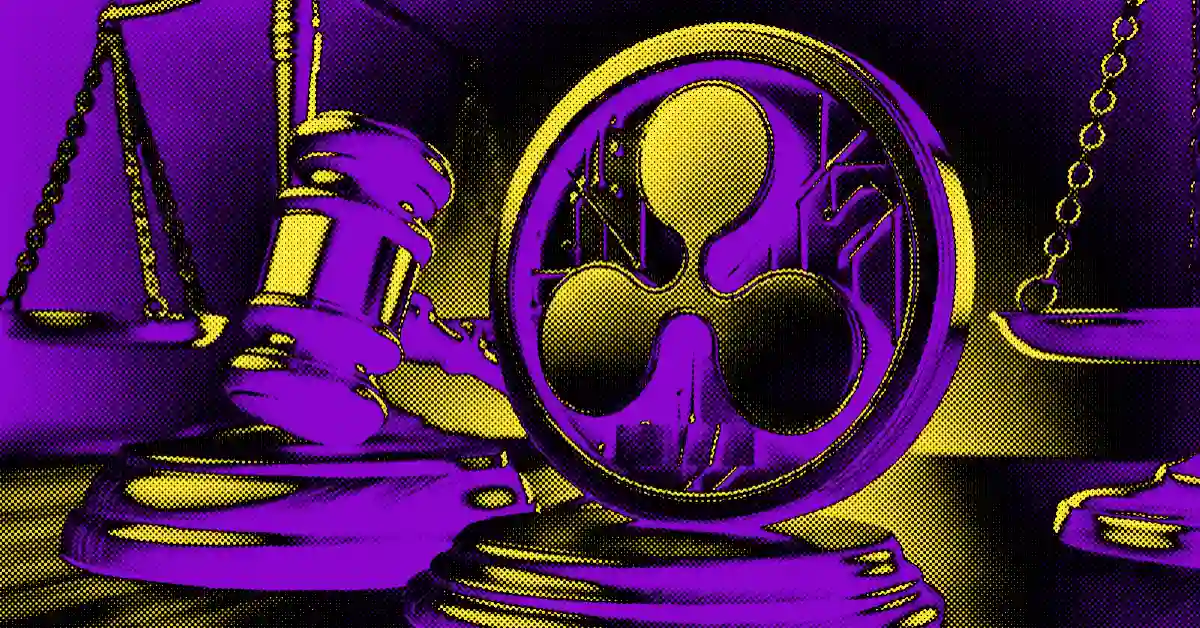
The Ripple vs. SEC Saga: A Potential Turning Point
The legal confrontation between Ripple Labs and the U.S. Securities and Exchange Commission (SEC) remains a significant topic within the cryptocurrency community. Recent political developments, notably Donald Trump’s victory, have fueled speculation about potential shifts in the SEC’s stance on cryptocurrency regulation. Trump’s pro-crypto approach could lead to a reevaluation of current policies.
Insights from the Experts: Perspectives on the Ripple Case
Legal analyst James Murphy, also known as metalawman, shared his insights on the ongoing litigation involving XRP. Murphy suggests that the case could be nearing its resolution, with the central issue being whether the SEC will secure the $125 million held in escrow or negotiate a partial return. His analysis highlights the complexities and potential outcomes of this high-profile case.
Advocacy for XRP Holders: A Call for Justice
Pro-XRP attorney John Deaton, representing XRP holders, has been vocal in his criticism of the SEC’s actions. Deaton argues that if any funds are to be distributed, they should go to the retail holders affected by the SEC’s lawsuit. He questions the SEC’s motives, suggesting that their actions have harmed rather than protected investors, and calls for a more equitable resolution.
Looking Ahead: Leadership Changes and Legal Strategies
Gensler’s Resignation and Ripple’s Legal Strategy
James Murphy also speculates on the future of the SEC under the leadership of Chairman Gary Gensler. He predicts that Gensler may resign soon, potentially by the end of the month, paving the way for President Trump to appoint a new head of the SEC. This leadership change could bring a fresh approach to the Ripple case, potentially altering its course significantly.
Murphy notes that Ripple has until mid-April 2024 to respond to the SEC’s latest filings. This timeline indicates that the case might extend into the summer, as new SEC leadership will need time to acclimate to the nuances of the case. Legal experts believe this transition could delay any final decisions or settlements.






